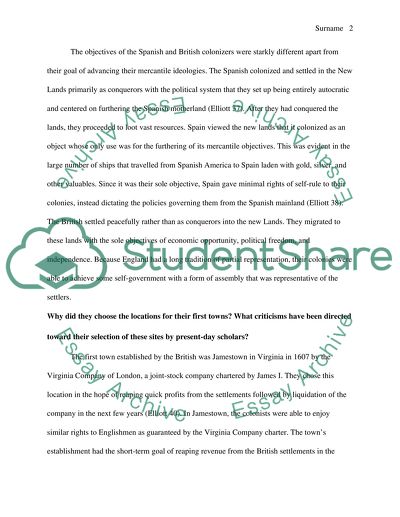Cite this document
(“The Objectives Of The Spanish And British Colonizers Case Study”, n.d.)
The Objectives Of The Spanish And British Colonizers Case Study. Retrieved from https://studentshare.org/history/1467941-first-essay
The Objectives Of The Spanish And British Colonizers Case Study. Retrieved from https://studentshare.org/history/1467941-first-essay
(The Objectives Of The Spanish And British Colonizers Case Study)
The Objectives Of The Spanish And British Colonizers Case Study. https://studentshare.org/history/1467941-first-essay.
The Objectives Of The Spanish And British Colonizers Case Study. https://studentshare.org/history/1467941-first-essay.
“The Objectives Of The Spanish And British Colonizers Case Study”, n.d. https://studentshare.org/history/1467941-first-essay.


